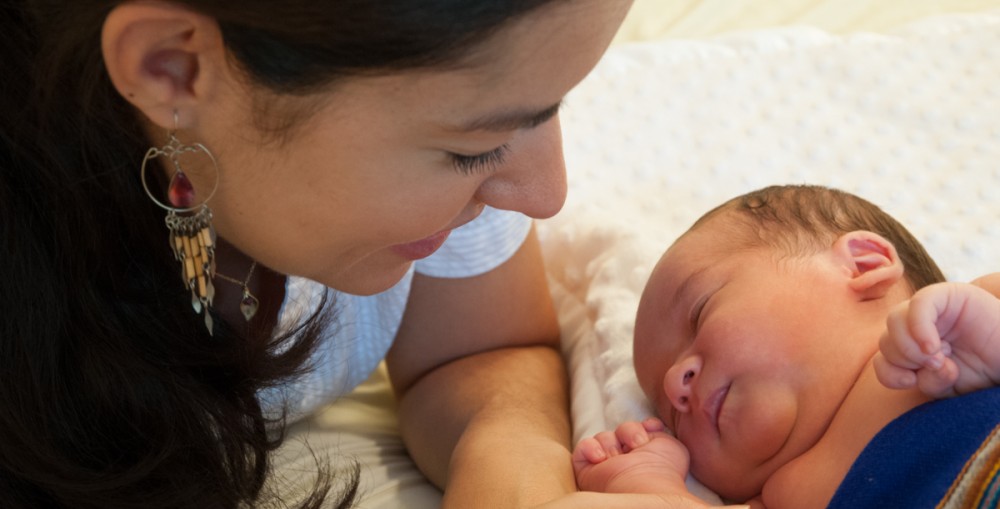The idea of attempting to change potential harmful maternal social norms in developing countries has come up multiple times in class discussion. How effective and, in a way, how ethical is it to try and change a social norm or local custom that may lead to poorer maternal health outcomes?
An article I have read recently discussed the role of educational campaigns with a focus on human rights and empowerment on changing potentially harmful social norms. One such custom that was mentioned was from Senegal, where women believed that working harder than normal during pregnancy would lead to a brighter future for their child. As has been mentioned in class, overworking mothers during their pregnancy can have detrimental health outcomes for themselves and their unborn child. Changing this norm appeared to be imperative to bettering maternal health outcomes in the community.
But westerners can’t just go in and tell pregnant mothers that their customs are wrong and hope that they will change their ways. Mothers should be provided with better information through educational campaigns so they can make the best decision for themselves. In this way, mothers may feel more empowered and wouldn’t feel as if foreigners are telling them how to live their life.
Source: http://www.huffingtonpost.com/molly-melching/jnj-tostan-maternal-health-social-norms_b_3390216.html
